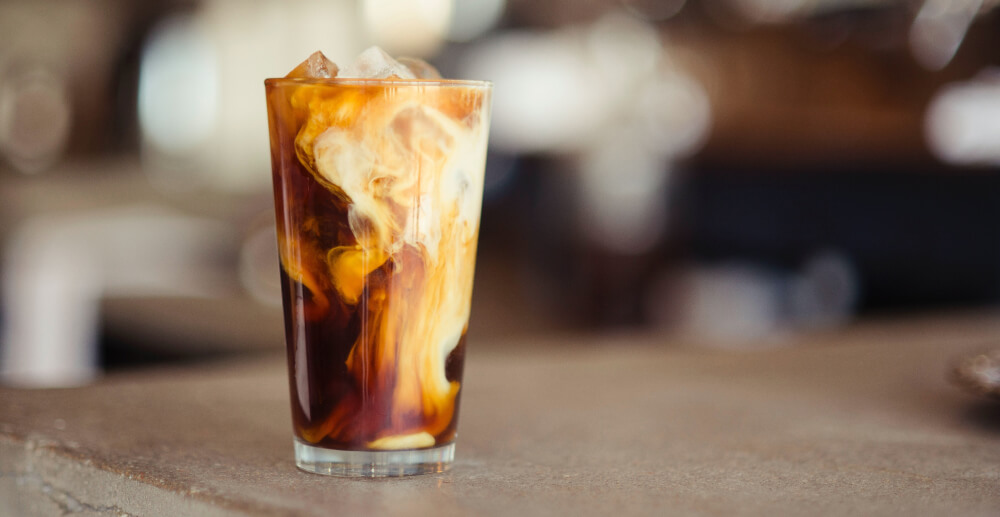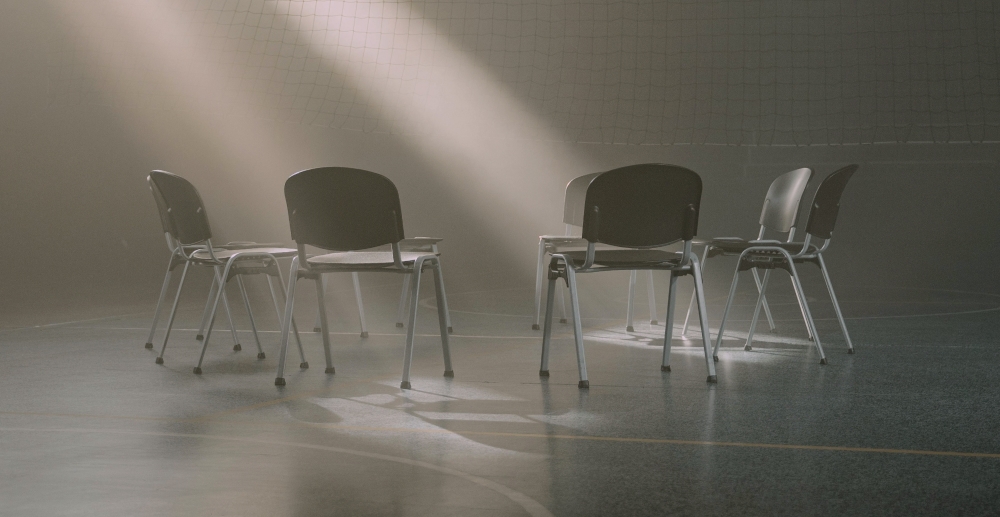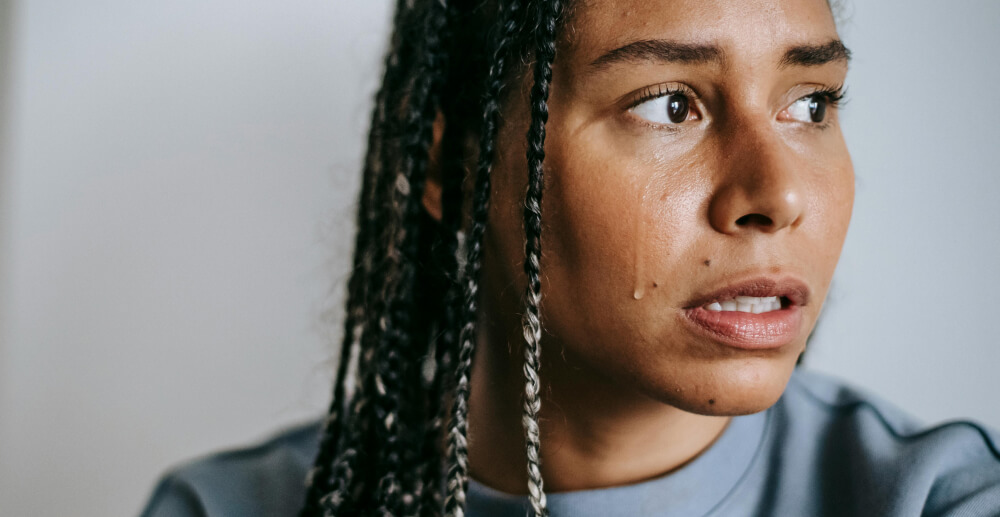In addiction recovery, you can become the parent you were meant to be. Here’s how parenting sober changed me … and us.
In the winter of 2010, I was living in western North Dakota. As if living through a brutish winter on the northern plains wasn’t already bad enough, I also struggled with a vicious, persistent addiction. Opioids were my drug of choice, but benzos and alcohol always worked in a pinch. Except they weren’t really working, none of them.
It should have been obvious that my life was a train wreck. All the signs were there. Like the time I slid my F-150 off an icy road at 2am with three (!) sheriff’s deputies in close pursuit. When I got out of the truck, I saw the three squad cars, all with their lights flashing. The deputies walking toward me in the crisp Dakota air seemed almost cartoon-like. Of course, I was plastered out of my skull. I called out to them.
“It’s okay,” I yelled, “I’ve got a chain in the back if you wanna pull me out!” I was so out of it that I believed that the deputies were there to kindly help pull me out of the ditch.
“We’re not here to pull you out, Dan.”
They knew my name. How did they know my name?
When I spent that evening in a sterile, fluorescent-lit jail cell, I got to thinking about my pickup truck, of all things. I remembered first all the times I had driven it to pick up my two boys from daycare. Nearly half the times I drove, I was either drunk or high. The odd thing was that I loved my kids. Or I thought I did. But to put them at risk all those times, well … let’s just say that I had to do a ton of work in my recovery to become the father—the parent—that I was created to be.
Recovery made me the parent I was meant to be.
Many people struggling with substance use disorder find that their role as a parent gets shoved to the back burner by their addiction. Alcoholics and addicts not only take risks with their families, they also often neglect them. If you were to ask these people if they loved their children, if they were a model parent, they often would answer yes. An odd characteristic of addiction is that it masks our failings, in spite of all the evidence to the contrary.
The good news is that finding recovery and working hard are worth it. It’s more than making up for lost time; parenting in recovery realigns the parental instincts a person should naturally embody. For me, recovery made me the parent I was meant to be. The benefits far outweigh the damage I did in the past, and I’ve moved on. It still takes work, though.
Below are three knockout, super-awesome advantages to being a parent in recovery. I know anyone who’s a parent themselves will be able to relate.
1. It’s about presence.
As a professional writer, I’m always after the flow. Flow is the state of mind we achieve when we lose ourselves in either work or play. There is a merging of action and awareness and a loss of self-consciousness. For high-strung people like me, this feeling normally dances on the edge of being. Often, I find flow when I create, especially when I love a certain project I’m doing.
But flow doesn’t only have to be associated with work or self-focused activities. You can also find flow with another person when you are authentically present for them. In recovery, I’ve discovered that I achieve a state of flow with my boys. Frequently it’s when I’m doing something fun with them. But it doesn’t only have to be then! Just as often, I suddenly realize that I’m living in that state when I’m washing the dishes with them or teaching them how to mow the lawn.
I never experienced that when I was actively using. Recovery taught me first to be truly present to myself so that I could direct my attention wholly to another. Presence is more than simply paying attention to another—it’s allowing another person’s being to share space with you and reliably engage them in a trusting relationship. It was difficult enough to find flow in self-focused activities or work when I was actively using; trying to be a parent in that frame of mind was impossible. Today, I’m present to myself and to my kids.
2. Peace of mind: You don’t know it until you experience it.
In the little anecdote I shared above about driving, I forgot to add that I did (often) think about whether I was too inebriated or stoned to operate a massive, high-tech chunk of metal, glass and plastic on wheels. It’s just that the answer always was, “I’m fine.”
Looking back, it’s terrifying to consider what I might have done to my boys. I don’t know if I could have lived with myself had I gotten into an accident that maimed or killed them. I also regret the times I yelled at them because I lost my temper as the withdrawals inevitably surfaced, especially in those later days.
Now? I never worry about how much I’ve had to drink, because I haven’t had anything to drink!
Nor do I ever worry about my friends or neighbors noticing an old pill bottle missing from their medicine cabinet, because I didn’t take it.
I never worry about the cops staking out my house because they’re suspicious of me.
Recovery brings peace of mind. However, it doesn’t only deliver this to you. Your loved ones get it, too. Parenting is a whole lot easier when the biggest worry you’ve got is whether or not you packed your kid’s lunch for his school outing.
3. You don’t have to be perfect to be a hero.
If I seem to be painting a depiction of parenting-while-sober that sounds too rosy, I don’t want to leave you with that impression. Parenting can still be really hard.
My successes today as a person in long-term recovery haven’t erased my capacity to be a flawed human being. I still get mad at my sons and say things I regret. It never fails that my wife and I will disagree about some aspect of parenting. What makes it especially challenging for us is that our oldest is on the autism spectrum. But we’re trying and we’re learning.
I guarantee you will not be a perfect parent. No one ever is. Finding recovery though? I promise you that it’s the best decision you’ll ever make. Not only for yourself, but for your family as well.
Perhaps that’s the most surprising realization of all: I’ve changed, but so have they. For that, I’m grateful.








